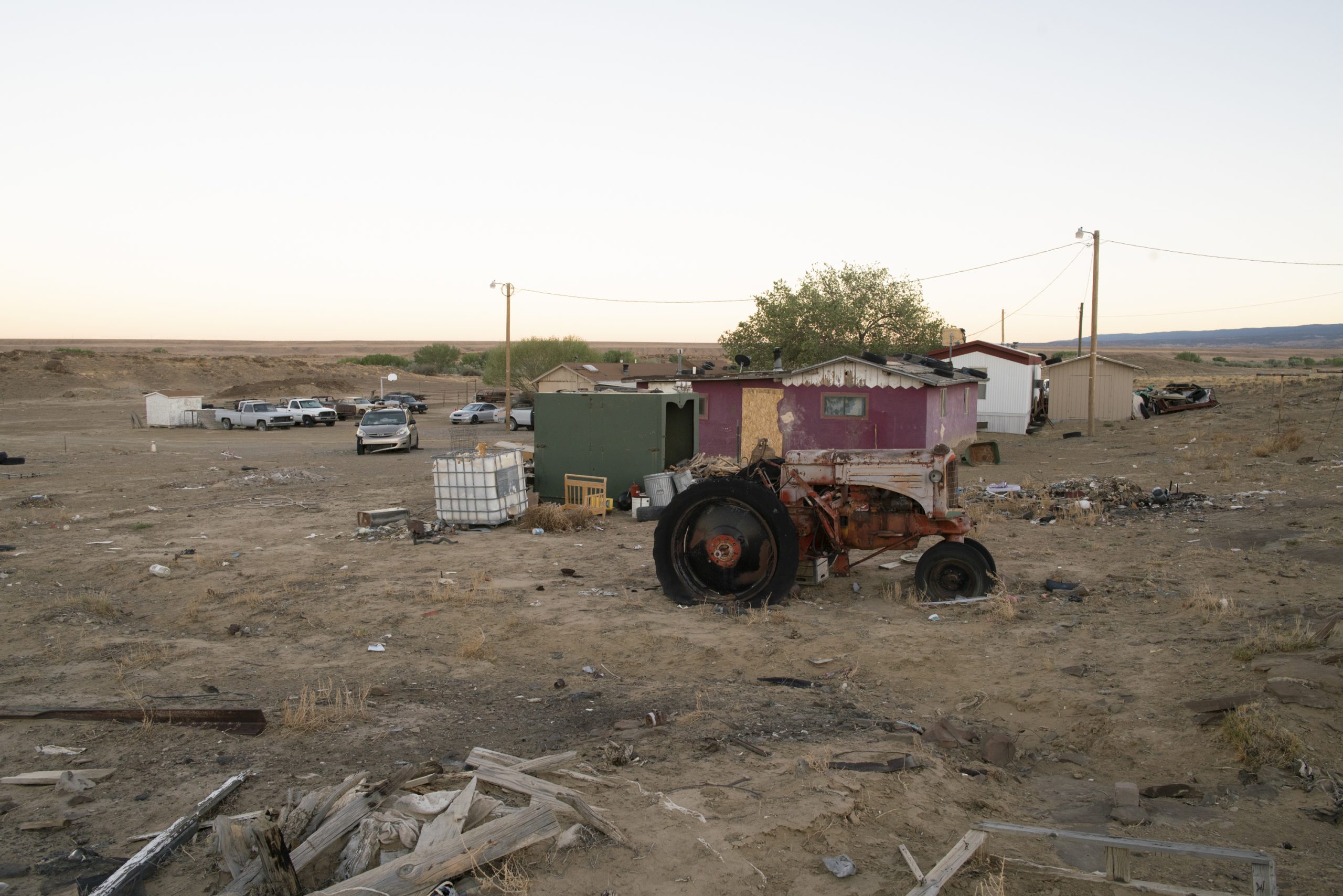Marriages and births. Allies and enemies. Wild game, migration patterns, the number of days of rainfall.
For hundreds, if not thousands of years, indigenous peoples maintained a strict count of the events, relationships and surroundings that determined their very survival.
Native Americans were among the world’s first counters, and like indigenous peoples around the world — from the Maori in New Zealand to the First Nations of Canada — they are today reclaiming their place as data researchers.
Main story on this topic: Underfunded, undercounted: New Mexico at risk in 2020 census
“There’s a growing momentum around data and how pivotal it is to exercising tribal sovereignty,” said Desi Rodriguez-Lonebear, a demographer who grew up on the Northern Cheyenne Indian Reservation in Lame Deer, Montana.
She detailed that momentum in “Building a data revolution in Indian Country,” a chapter published in the 2016 textbook Indigenous Data Sovereignty: Toward an agenda (ANU Press).
“The concept of data is imbued with a host of meanings within and across contexts,” she wrote. “To some, it is simply information, while for others it is the very pulse of a revolution. In the indigenous world, data have a contentious history tied to the survival of native peoples on one hand, and to the instruments of the colonizer on the other.”
As co-founder of the U.S. Indigenous Data Sovereignty Network (USIDSN) at the University of Arizona, Rodriguez-Lonebear recently surveyed all 567 federally recognized tribes on the subject of their data collection.
Among the one in four that responded, 43 percent reported that they have conducted a tribal census or survey of their members in the last five years; 75 percent indicated that they are interested in conducting one in the next five years.
One such survey, Cheyenne River Voices, completed its two-year study of 819 families on the Cheyenne River Sioux Reservation in 2014. It found significant differences from the U.S. Census Bureau and Bureau of Labor Statistics. Among those differences were population (10,564 as compared to 8,102), median family income ($18,156 as compared to $33,610), and an unemployment rate greater than 300 percent of that reported by the federal government.
“By conducting our own research, we have the opportunity to challenge the United State Census and other figures that impact funding for our community,” the Tribal Ventures Voices report (“Our survey, our voice, our way”) concluded. “The data that was collected through the Voices research project is literally the voices of our people, collected by the people.
Rodriguez-Lonebear is calling for “data warriors” to collect all matter of data on reservations and pueblos around the country. To that end, the Native Nations Institute (NNI) at University of Arizona now offers a three-day course on data collection for tribal leaders, staff and students.
“It’s going to look different for every community,” said Andrew Martinez, a research specialist at NNI, a resource of self-determination and self-governance. “The questions, outcomes and success stories are going to look different, but all will be incredibly relevant. They want to be independent and autonomous when it comes to research.”
In some cases, such as the identification of sacred sites, the information that is gathered may never be disseminated beyond the tribe. In other areas, the results are intended to assess the community’s natural resources and build capacity.
“Numbers have power to the Western world,” noted Rodriguez-Lonebear, the only Native American of 24 members of the U.S. Census Bureau’s National Advisory Committee on Racial, Ethnic and Other Populations. “Data is seen as the most legitimizing, most objective, most valuable evidence you can have.
“We’re seeing renewed commitment to sovereignty, vis a vis data. Everywhere you go, there’s a demand for data-driven solutions, measures, indicators. The tribes are one of the largest entities receiving federal funding. All that money is tied to grants, which are tied to reporting requirements, which are tied to data.
“I think tribal leaders are becoming more savvy about data,” she continued. “It’s the global currency of power. So Indian power needs to tap into that, and we’re just at the cusp of it.”
Searchlight New Mexico is a nonprofit, nonpartisan news organization dedicated to investigative journalism. Read more of our stories on Raising New Mexico at projects.searchlightnm.com/ and donate at https://www.newsmatch.org/organizations/searchlight-new-mexico
Executive Editor Sara Solovitch can be reached at sara@searchlightnm.com.
